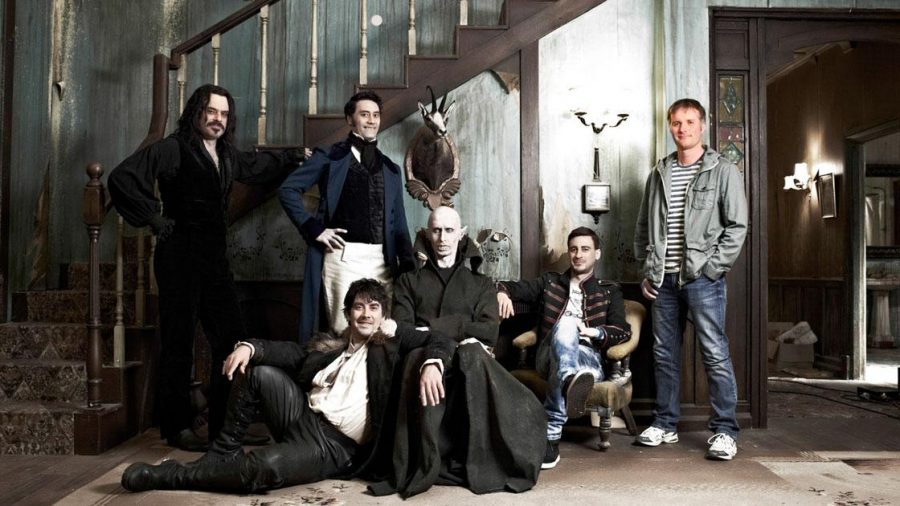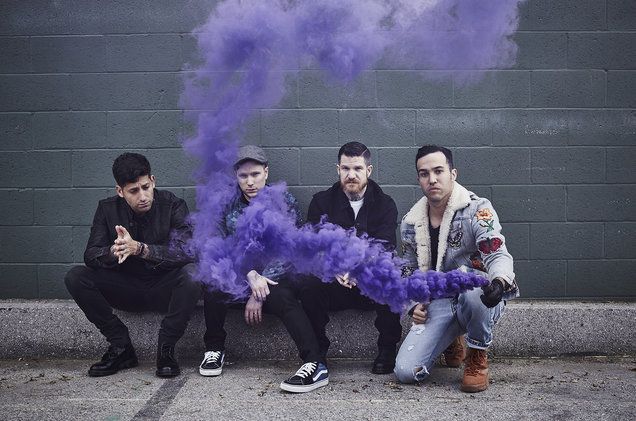By Christine Gronberg, Meghan Pierce, & Celia Steigerwald
Contribiting Writers
While everyone is getting ready to celebrate Halloween with candy and parties, Lani is more focused on preparing for Samhain (pronounced Sow-en), a holiday commonly known as the Witches New Year.
This pagan celebration dates back to the Celts, over 2000 years ago, as their way to mark the end of the final harvest and the beginning of winter: “Samhain” literally means “End of Summer.” Samhain is technically Nov. 1 but the Celtic calendar is lunar. Much like the Jewish celebrations, the holiday starts not on the morning of but at sundown of the day before.
Like all holidays, there are traditions that go along with it, some that are still practiced today and some that would be considered too barbaric to contemplate. The most well-known tradition that has seeped into our secular culture is dressing up in a costume. This originated as a way to do one of the following three things: honor certain spirits, frighten away malevolent spirits, or honor the gods and goddesses of the religion.
Leaving offerings for the spirits outside or even setting a place for them at the table was once common practice as well as dancing and making bonfires. The bonfires the Celts lit were actually know as “bone-fires” as the bones of the sacrifices and offerings were thrown into the fire, occasionally with names of lost loved ones carved into them. When the fire died out, the cracks on the bones were believed to tell someone’s future.
The bones came from different sacrifices, mainly cattle, but we have records from the Greeks stating that during this festival the Druids burned their prisoners in consecrated or “holy” fire as part of the ritual aspect of the celebration. That particular tradition died out in the Greek and Roman era and is long lost. Sacrificing animals is also no longer practiced by witches but occasionally one will throw a steak into a fire as a symbolic gesture and recognition of the ancestors ways.
Contrary to popular belief, modern Wiccan witches will not be celebrating this Samhain by dancing around a fire and burning sacrifices to the gods and goddesses. Lani is planning on conducting a private personal ceremony of burning a Samhain candle in honor of the holiday. She says that most witches will be doing something similarly private and low-key due to the area and era we live in; secrecy has become a form of protection against persecution.
Though there is no fabulous and extravagant Wiccan celebration to attend, Samhain remains Lani’s favorite holiday. She loves acting as a medium for the spirits and as this is the day the Veil is thinnest, it is easiest for her to commune with those who have passed.
Lani enjoys reuniting those living with their friends and family long gone from this world. Friends who ask Lani to communicate with the dead on their behalf are sometimes surprised that the spirits are truly the person they once knew and loved. Each spirit, like the human it once was, has a personality; “some spirits are shy or some don’t want to talk to a medium but there are also some who are very forthcoming,” Lani giggled as she recalled a talking with a friend’s grandmother who wanted very much to be heard. This communion with the dead is exciting and fun and Lani looks forward to it every year.
She also looks forward to Halloween, a holiday she regards as completely separate from Samhain. She said, “I am most definitely in the minority when I say that I am not offended by Halloween.” Dressing up in costumes and going to parties is a major part of life in general, and Lani does not see it as being even slightly related to her Wiccan faith and the religious aspect of Samhain, but there are some witches who refuse to have anything to do with Halloween strictly on principle.
Lani’s only qualm regarding the commercialization of Samhain (especially in Salem) is that selling fortunes and other Wiccan favors goes against one of the main tenants of Wicca: accepting money or payment for what is supposed to be a gift. The Wiccan faith is loosely based and Lani explained, “If you ask three different witches how they are celebrating Samhain, they will probably give you three different answers but all centering on the same principle,” but she thinks Salem has just become too commercialized.
While you go about your Halloween festivities, keep in mind and appreciate others celebrating more ancient holidays just like Lani. To learn how to participate in Samhain this year, you can visit witchvox.com and look up events in Massachusetts. Most events around this time of year will be Samhain feasts, gatherings, and festivals of the dead.















